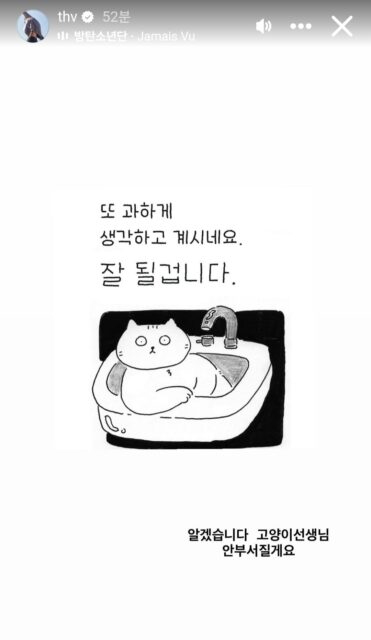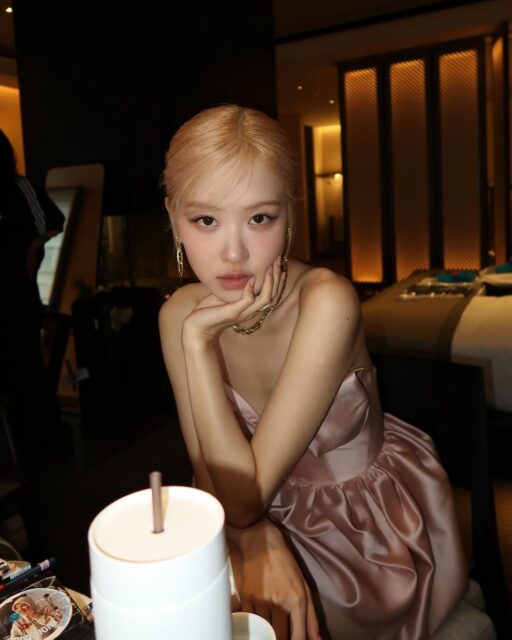South Korea has been seeing increasing exclusivity policies in public spaces, with establishments like restaurants and gyms declaring themselves as “child-free zones” or “senior citizen-free zones.” The latest addition to this list is the “No Ahjumma Zone,” the Korean term for older women.
According to a post on Blind, a discussion platform for verified employees, a gym in Incheon hung up a sign on its premises on Monday that read, “Ahjumma not allowed to enter,” with a brief explanation below, “Only cultivated and elegant women allowed.”
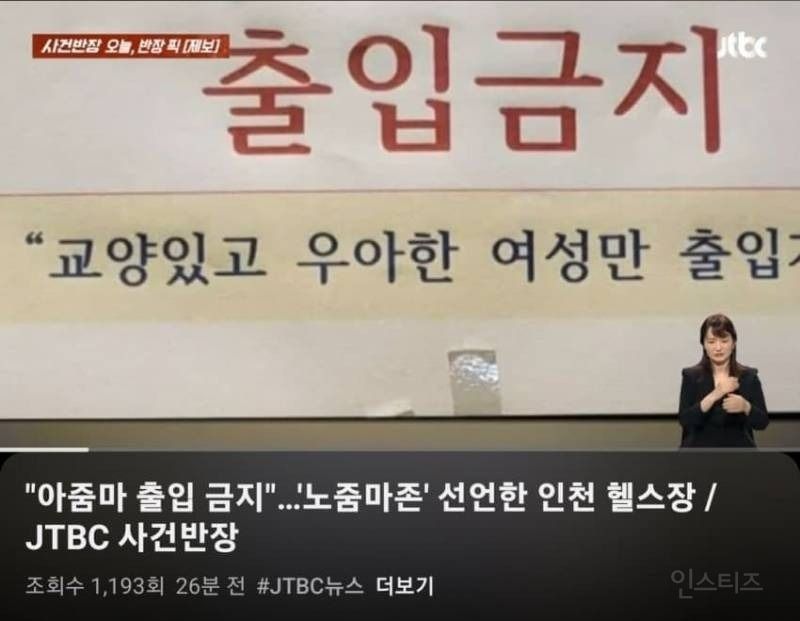
While ahjumma is originally a Korean word used to informally refer to a married or a middle-aged woman, it has incorporated derogatory implications in recent times. In online communities, it is often used as an insult to female netizens, and Koreans have reportedly grown reluctant to use the term in public or official situations.
The gym’s usage of the term was also made with a similar intent, as indicated by the additional sign posted by them, outlining eight standards for differentiating an ahjumma from a “woman,” regardless of age or marital status.
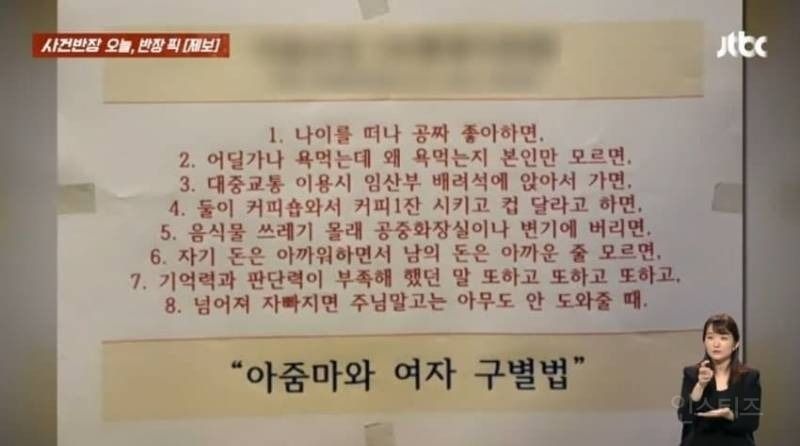
According to the sign, the eight signs of an ahjumma are:
- “If one likes free things, regardless of one’s age.”
- “If one gets sworn at everywhere but does not know the reason why.”
- “If one sits in a seat reserved for pregnant women on public transport.”
- “If one goes to a cafe with two people and orders just one cup of coffee and asks for a cup to share.”
- “If one secretly throws food waste into a public bathroom or other toilets.”
- “If one is frugal with their own money but not with that of others.”
- “If one has poor memory and judgment and says the same things over and over again.”
The gym owner claimed that he suffered “great damages” due to such women and hence created the “No Ahjumma Zone.”
Some ‘ajumeoni’ (the respectful term for older women) brought baskets of laundry to the gym and left the hot water running for an hour or two, which doubled the water bill, and made sexually harassing comments to young female members, telling them they would bear babies well.
— Gym owner
This incident has added to the concern of growing intolerance and discrimination in Korean society that keeps barring certain groups of people from accessing public spaces. Article 11 of the Constitution prohibits discrimination in ”political, economic, social or cultural life on account of sex, religion or social status.” The National Human Rights Commission of Korea ruled in 2017 that “no kids zones” were illegal, citing this clause. However, the NHRCK has no legal authority to enforce this ruling on businesses. So, technically it is possible for a business owner in Korea to restrict certain customers based on the principle of freedom of contract or the principle of private autonomy.
The Incheon gym’s sign has left Korean netizens agitated. Many feel that these notions are outdated at best, intentionally conflating bad behavior with being an older woman.
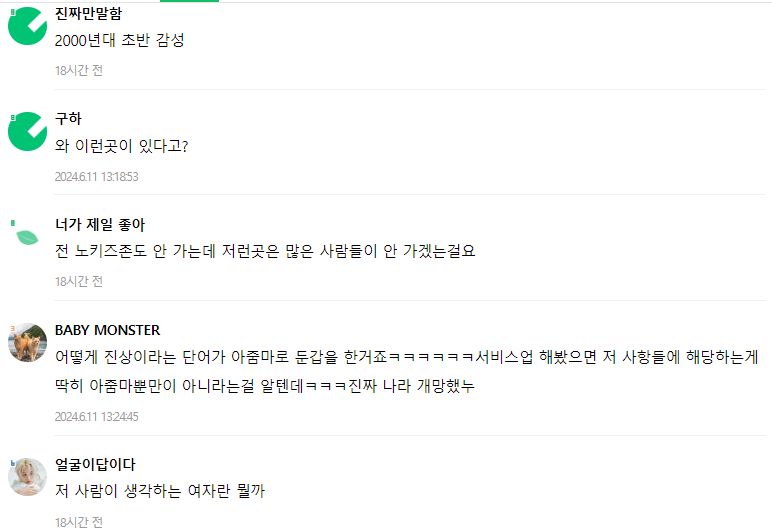
- “The sentiments of the early 2000s.”
- “Wow. You’re telling me a place like this exists?”
- “I don’t go to ‘no kids zones.’ I feel many people won’t go to such places.”
- “How did the term ‘bad customer’ become the same as ‘ahjumma?’ If you have worked in the service industry, you’d know that it’s not just older women who fall into those categories, LOL. Our country is really done for.”
- “I wonder what a woman is according to that person.”
Source: Instiz
